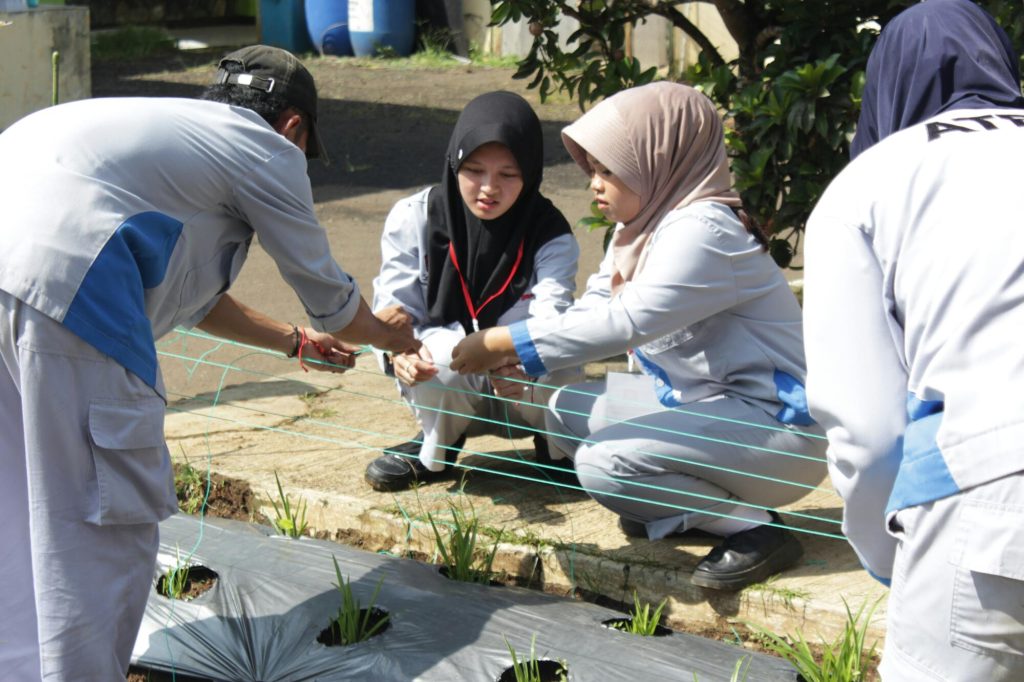Volunteering is more than just a nice thing people do in their free time. It is a powerful way to create real change in the world. When some
one chooses to volunteer, they give their time and energy without expecting money in return. This simple act, however, carries an incredible impact. From helping at a local food bank to planting trees for the environment, volunteering touches lives, strengthens communities, and inspires more people to get involved. Read on!
How Volunteering Strengthens Communities
The most visible effects of volunteering often happen at the community level. Communities face challenges every day, such as poverty, hunger, limited access to education, and environmental problems.
Local organizations and initiatives frequently depend on volunteers to operate. Without them, many services would struggle to survive.
Volunteering also helps connect people from different backgrounds. When diverse groups come together to solve a common problem, it creates bonds and friendships that might never have formed otherwise. These connections strengthen the fabric of society and promote understanding and cooperation among people.
Personal Growth Through Helping Others
While volunteering focuses on giving, it also offers plenty of personal benefits. Volunteering can teach new skills, open doors to new experiences, and help people discover passions they never knew they had.
Volunteers often report higher levels of happiness and mental well-being. This makes sense because helping others gives people a sense of purpose and belonging. For young people, especially, volunteering can be a chance to explore careers or interests.
The Economic Value of Volunteering
It’s easy to forget that volunteering has economic value as well as social value. Even though volunteers are not paid, their time and effort are worth a lot. Studies show that one volunteer hour is valued at more than twenty dollars. This figure highlights just how much money communities save when people choose to give their time freely.
Nonprofit organizations and community programs often operate on small budgets. Volunteers make it possible for these groups to stretch their resources further.
Volunteering Builds Global Awareness
In today’s interconnected world, volunteering does not stop at local communities. Many people choose to volunteer overseas, and in doing so, they gain a deeper understanding of global challenges. Meeting people from different cultures, living in different conditions, opens eyes to new perspectives.
For example, someone volunteering in a developing country might see firsthand how poverty affects everyday life. They may witness how limited access to clean water, food, or schools creates struggles for families.
Volunteering Builds Leadership Skills
Another important effect of volunteering is its ability to develop leaders. When someone takes the initiative to organize a project, manage a team, or solve a community problem, they are practicing leadership in action. These experiences teach responsibility, problem-solving, and communication.
For young people, especially, volunteering can be an excellent training ground. They may have opportunities to lead:
- group activities
- speak in public
- coordinate events
Strong leaders often emerge from volunteer projects, and their influence can create a culture where more people want to participate. This cycle of action and inspiration leads to greater community involvement overall.
The Importance of Sustainable Volunteering
While volunteering can bring immediate relief, it is most powerful when it focuses on long-term impact. Sustainable volunteering ensures that communities continue to benefit even after volunteers have moved on.
True sustainability means empowering communities to become self-reliant. Instead of simply giving aid, volunteers and organizations work together with local people to build skills and knowledge. Education, training, and capacity building are key to this approach. For example, instead of only delivering food, a sustainable project might also teach gardening or farming techniques so that communities can produce their own food in the future.
Sustainable volunteering also means respecting local needs and cultures. Rather than imposing outside solutions, effective programs listen to the voices of the community and work with them to create change that fits their unique situation. This ensures that efforts are meaningful, lasting, and welcomed by the people they are meant to help.
The Role of Technology in Modern Volunteering
Technology has transformed almost every part of life, and volunteering is no exception. Online platforms and social media make it easier than ever to find and connect with volunteer opportunities. With just a few clicks, people can match with organizations that need their skills, whether in their own city or across the globe.
Technology also makes volunteering more flexible. Some projects can even be done completely online, such as tutoring students through video calls, helping charities with graphic design, or managing social media campaigns for nonprofits. These virtual opportunities are especially useful for people who cannot always travel but still want to contribute.
Studies show that technology has greatly increased the number of people volunteering. By lowering barriers and making opportunities easier to access, it helps more people find ways to give back in ways that fit their skills and schedules.
Measuring the Success of Volunteering
To keep volunteer programs effective, it is important to measure their success. This means looking at the results and asking questions such as: Did the program meet its goals? Did it improve the community in a lasting way? Did volunteers feel satisfied and motivated to continue helping?
Organizations often use surveys, community feedback, and data on outcomes to evaluate programs. For example, a literacy program might measure how many children improved their reading levels after receiving tutoring. Food distribution projects might track how many families received support and whether food insecurity decreased. Volunteer satisfaction is also important, because when volunteers feel valued, they are more likely to continue giving their time.
By carefully evaluating programs, organizations can make improvements and create even stronger results in the future. Explore opportunities to make a difference locally or consider how you can volunteer overseas for a transformative experience that enriches not only your life but the lives of many others.
The Lasting Impact of Volunteering
The impact of volunteering extends far beyond individual acts of kindness. It strengthens communities, nurtures personal development, and cultivates a new generation of leaders. The benefits of volunteering are undeniable, offering a pathway to both personal fulfillment and global change.
Act now and see how your engagement can create meaningful social change today.
Visit our website for more like this.







